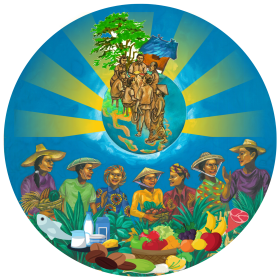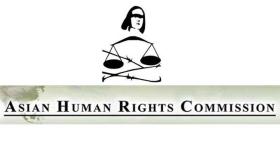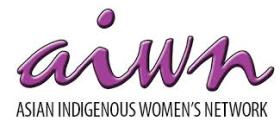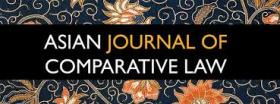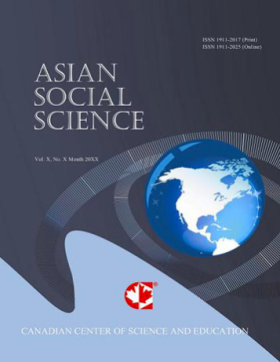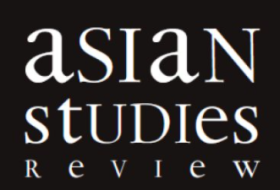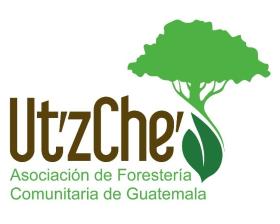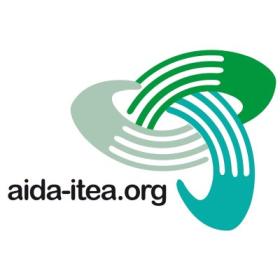Our international network of partners encompasses academic institutions, data aggregators, government bodies, publishers, farmers associations, NGOs and other civil society actors. Explore the range of organizations using the Land Portal below and join the network today.
Asia-Pacific Farmers' Forum
Asian Human Rights Commission
The Asian Human Rights Commission (AHRC) is an independent, non-governmental body, which seeks to promote greater awareness and realisation of human rights in the Asian region, and to mobilise Asian and international public opinion to obtain relief and redress for the victims of human rights violations.
Asian Indigenous Women's Network
The Asian Indigenous Women’s Network wants to support, sustain and help consolidate the various efforts of indigenous women in Asia to critically understand the roots of their marginalized situation and to empower themselves by becoming aware of their rights as women and as indigenous peoples, and by developing their own organizations or structures for empowerment.
Asian Journal of Comparative Law
The Asian Journal of Comparative Law (AsJCL) is the leading forum for research and discussion of the law and legal systems of Asia. It embraces work that is theoretical, empirical, socio-legal, doctrinal or comparative that relates to one or more Asian legal systems, as well as work that compares one or more Asian legal systems with non-Asian systems.
Asian Network for Scientific Information
The Asian Network for Scientific Information (ANSInet) leadership currently serves 37 peer-reviewed journals in the fields of Science, Medicine and Technology. Our aims and objectives are to build, support and facilitate dissemination of up-to-date, original, and high quality academic disciplines among the scientific communities in Asia and the World.
Asian Social Science
Asian Social Science (ASS) is an international, double-blind peer-reviewed, open-access journal published by the Canadian Center of Science and Education. The journal focuses on the following topics: anthropology, sociology, politics, culture, history, philosophy, economics, education, management, arts, laws, linguistics and psychology.
Asian Studies Review
Asian Studies Review is a multidisciplinary journal of contemporary and modern Asia. The journal sets out to showcase high-quality scholarship on the modern histories, cultures, societies, languages, politics and religions of Asia through the publication of research articles, book reviews and review articles.
Asian Women
Asian Women is the official journal of the Research Institute of Asian
Women. The journal is published in March, June, September, and
December each year.
Asian Womenis supported by Sookmyung Women's University and the National Research Foundation of Korea Grant funded by the Korean Government (MOE).
Asociación de Forestería Comunitaria de Guatemala Ut'z Che'
Ut'z Che' (buen árbol en idioma K'iche) es una asociación civil formada por organizaciones comunitarias dedicadas al manejo sostenible de sus recursos naturales, principalmente bosques, plantaciones forestales y fuentes de agua.
Asociación Española de Profesores Universitarios de Matemáticas aplicadas a la Economía y a la Empresa
ASEPUMA son las siglas correspondientes a "ASOCIACIÓN ESPAÑOLA DE PROFESORES UNIVERSITARIOS DE MATEMÁTICAS PARA LA ECONOMÍA Y LA EMPRESA", autorizada por el Ministerio del Interior y a ella pertenecen en la actualidad más un centenar de profesores de universidades públicas y privadas de España.
Asociación Interprofesional para el Desarrollo Agrario
La Asociación Interprofesional para el Desarrollo Agrario (AIDA) es una asociación sin ánimo de lucro, abierta a todos los profesionales del sector técnico, social y económico agrario. La Asociación no persigue fines lucrativos ni políticos, sino de interés social y técnico en el campo agrario.
Asociación para el Desarrollo de la Mujer Negra Costarricense
El Centro de Mujeres Afrocostarricenses nace en1992 en Limón, Costa Rica como una iniciativa política de mujeres afrocostarricenses que se plantearon trabajar con temas específicos relacionados con su condición de género y raza, así como con un trabajo intensivo con la población Afrocostarricense y de la comunidad en general.Reconociéndonos como ciudadanas costarricenses, las mujeres fundadoras

